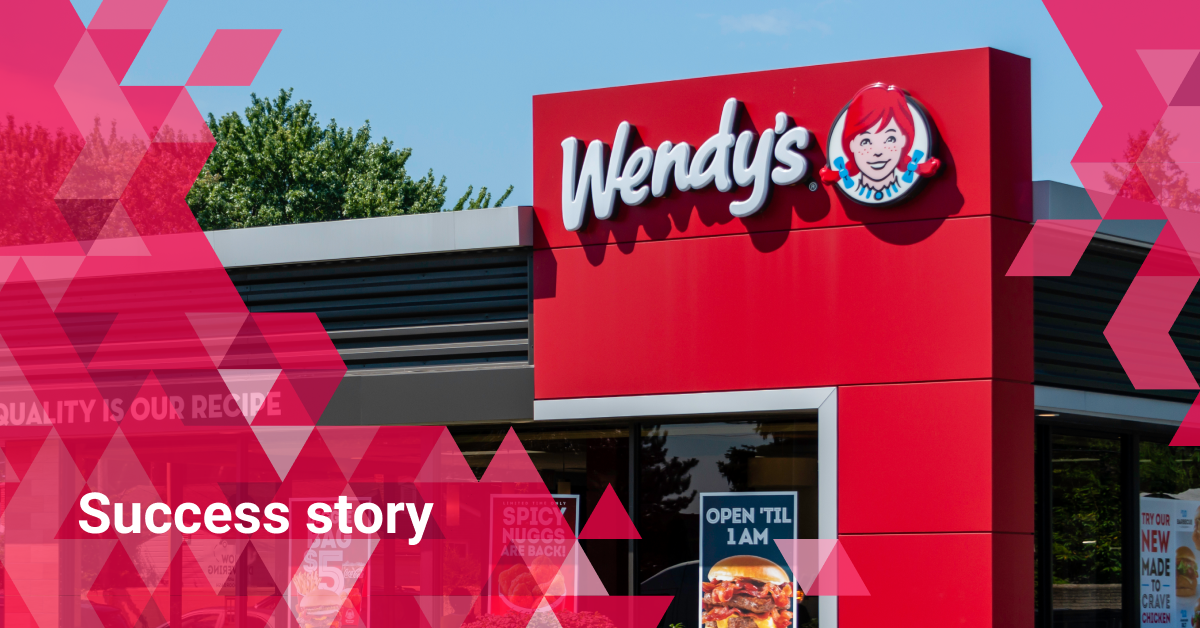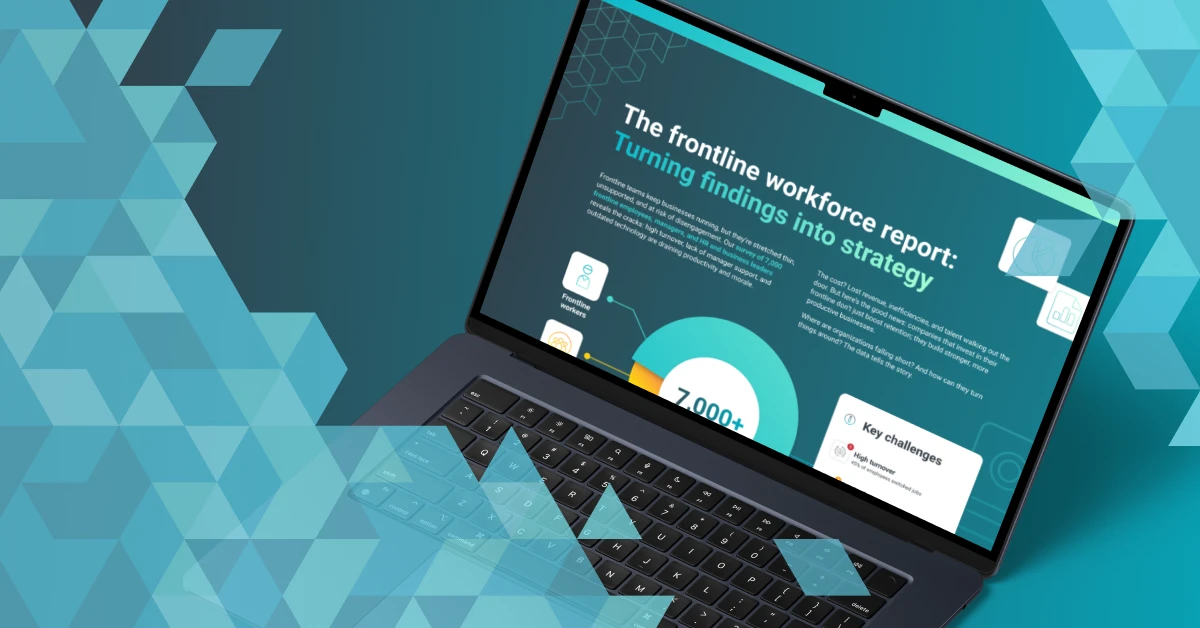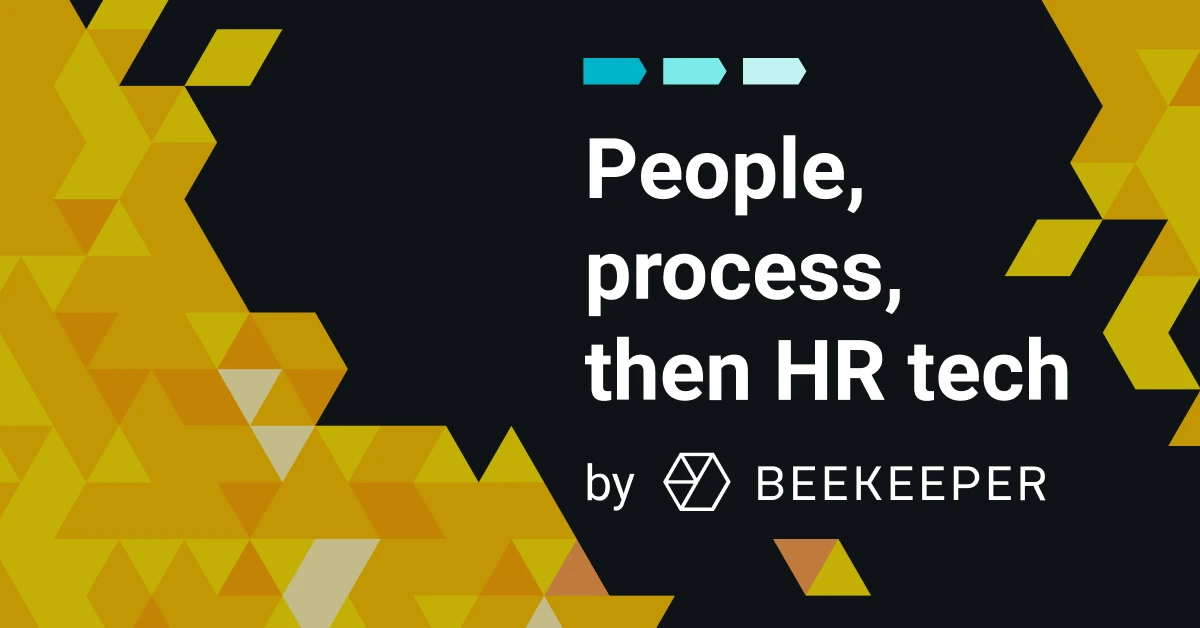The Rise of the Frontline Worker: Digitalizing the Frontline Workforce

If you’ve been keeping up with the latest news from our hive here at Beekeeper, you may already know that I’m excited to have published my new book, “The Rise of the Frontline Worker.” As a former waiter, factory worker, and chemical engineer, I understand first-hand the needs of frontline workers, and how they are chronically underserved when it comes to being provided adequate workplace technology to excel in their jobs.
To dive in and unpack the insights I discuss in “The Rise of the Frontline Worker,” we’re launching a five-part blog series to cover the most relevant topics. This blog is part one.
Let’s get started.
What Does it Really Mean to “Digitalize” Something?
Here’s a mini vocabulary lesson: to “digitize” means to transfer from analog to digital, like converting a paper employee survey to mobile-friendly, digital forms. The process of “digitalizing,” however, involves moving tasks and processes that were initially paper-based and creating a holistic digital workplace.
Among the countless benefits of digitalization are:
- Fewer mistakes thanks to repeatability & Standardization of processes
- Increased Speed and agility as an organization
- Gain Data Insights from electronic records rather than paper ones
- Last but not least, less paper, less costs and more sustainable
The most impactful result of digitalization is the transformative effect it can have on your organization, especially for the frontline workforce. Simply put, it provides employees with digital tools to give them easy access to everything they need and enable their best work.
Moreover, COVID-19 has accelerated the need for unified productivity and collaboration tools and the process of digitalization that comes with them. If there was ever a moment to invest in frontline worker enablement, this is it.
Given the sheer volume of frontline workers and their unique position as ambassadors of your brand, culture, and ethos, organizations should seize this major opportunity to transform their businesses, now and for the future.
How the Frontline Workforce Is Different
Advancements in workplace technology have connected employees more than ever, but the question looms, “Which workers?” When people talk about the “connected workforce” they’re usually referring to desk-based workers. The focus on desk-based workers has been so prevalent that the frontline workforce often feels excluded and ignored. We frequently read about the connected workforce and how companies are focused on and investing in the technology to make this happen, yet at the same time, these frontline workers feel increasingly disconnected from the rest of the business.
When frontline workers are enabled with digitalized systems, your organization becomes more agile, collaborative, and ultimately happier. Not only does frontline digitalization ensure that your business is fundamentally more efficient and productive, it amplifies your organization’s overall efforts and supports your primary competitive advantage — your people.
Technology on the Move
Even before the coronavirus, there were big changes in motion for the frontline workforce. Modern companies were better suited to face this crisis than our forebears in decades past. Thanks to the ubiquitous adaptation of mobile technologies, we can leverage the contributions of digitalized frontliners like never before.
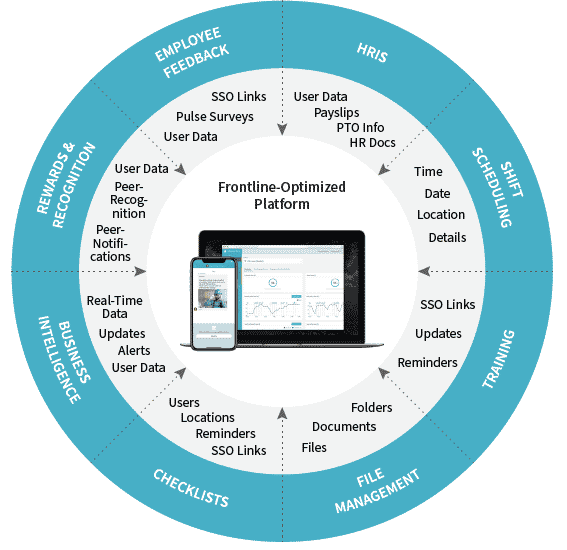
At present writing, we’re closing in on nearly 5 billion mobile phone users throughout the world, more than 60% of which are smartphone users. Do the math, and it’s clear that global smartphone usage is at over 40%.
Moreover, these numbers are even higher in more developed countries. For example, the vast majority of Americans (a staggering 96%) own a cellphone and 81% own a smartphone. For businesses in the process of digital transformation, this means there’s a workforce that is already digitally-savvy, self-equipped, and able to embrace new platforms and procedures.
The stats are there to back it up. A 2018 Gallup survey revealed that a connected workforce leads to a 17% increase in productivity, a 21% increase in profitability, and a 40% reduction in employee turnover. This suggests we will see an increasing trend in mobile-first, next-generation workplaces that provide exceptional user experiences, and deliver the ROI that businesses will need for an economic recovery.
A Mobile Platform for a Mobile Workforce
There are several ways frontliners can make tremendous use of fully integrated productivity and collaboration tools. Solutions like Beekeeper provide a mobile platform for a mobile workforce that bolsters productivity and reduces friction from the frontline on up. Prior to the coronavirus, changes were already in motion on the frontline including:
1. The Rise in Popularity of Mobile Technology
A recent global study by the Mobile Ecosystem Forum (MEF) found that more than half of mobile phone users access digital content on their phones. The numbers hold for frontline workers as well who can be enabled to access, in real-time, the knowledge they need when they need it by literally putting it in the palm of their hands. This empowers them to make better-informed decisions and create positive customer outcomes.
2. The Need to Bridge Generational Gaps and Retain Institutional Knowledge
Older and younger frontline workers alike both use smartphones in a work context. Connecting them on a shared platform can keep hard-earned institutional knowledge circulating within an organization that would otherwise face the prospect of losing the wisdom of their seasoned employees as they depart and retire. Digitalization tools can offset this so-called “brain drain” by allowing knowledge to be effortlessly shared between colleagues and, indeed, the generations.
3. Increased Globalization and Diversity on the Frontline
With increased globalization and diversity on the frontline, a substantial portion of frontline workers may need a way to communicate effectively with workers who may not be fluent in the local language. A mobile-first collaboration platform that can translate instructions, safety procedures, and other communications into an employee’s native language quickly and accurately is a powerful example of how digitalization can benefit the frontline workforce and their employers.
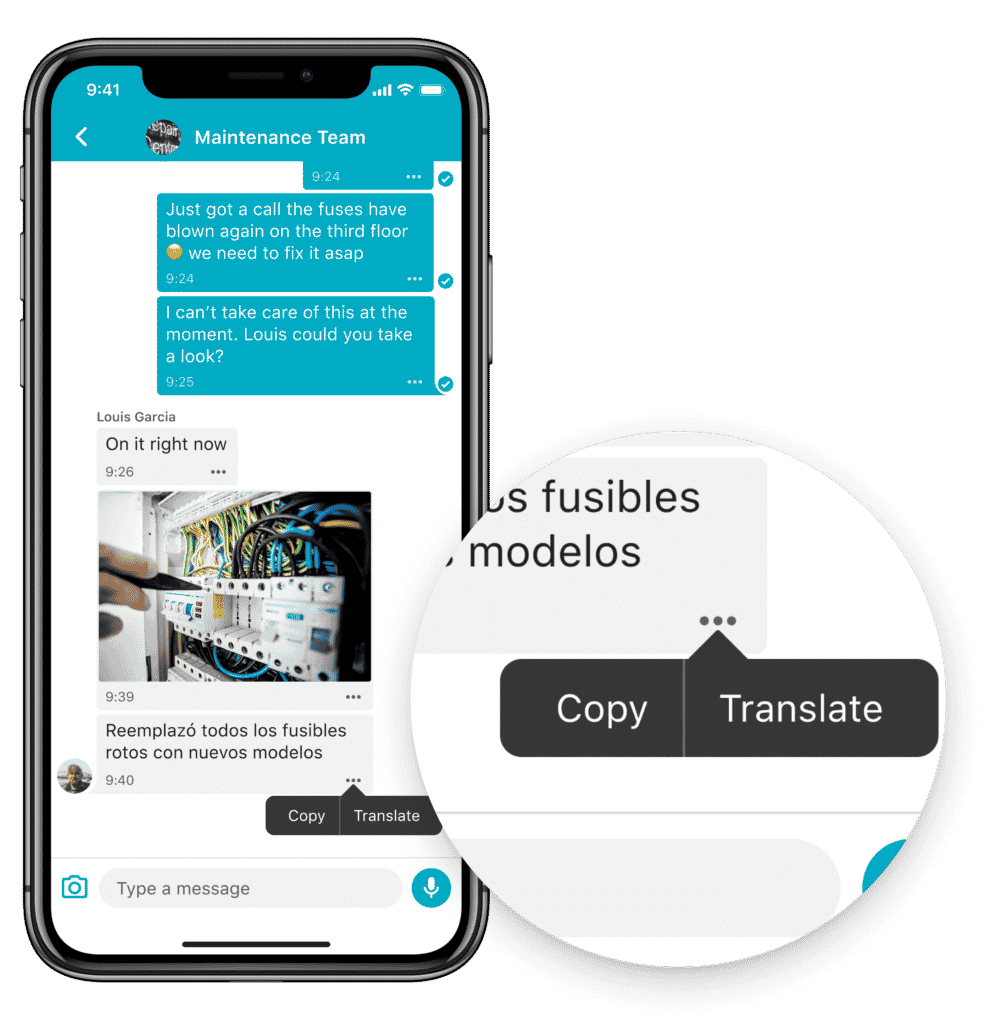
4. The Prevalence of Flexible Work (“the Gig Economy”)
With an estimated 57 million gig economy workers in the U.S. alone, it can be assumed that the frontline workforce will increasingly overlap with gig economy workers. To that end, digitalization makes it possible to reach, engage, and communicate with these workers to facilitate everything from efficient onboarding to keeping them appraised of their rights in what has proven to be a dynamic new work paradigm.
The frontline has your organization’s back, it should have theirs.
When former U.S. Secretary of Labor Alexis Herman observed in a 1997 interview that “corporate success is maximized only when every worker at every level is enlisted as a partner in the effort to achieve top performance,” not every company was necessarily ready to embrace this idea. We’re now in a place where the world has changed—such as the ubiquity of smartphone ownership and usage, for example—and companies are ready to embrace this change. Given the global pandemic and its subsequent economic impact, Herman’s words are even more true today — every member of the team is an MVP.
The willingness to invest in the right technology to digitalize the frontline workforce signals a commitment to meaningful change. It makes workforces more engaged, connected, and feel more valued, and in turn these subtle, psychic shifts enable employees to be more productive and efficient. When it comes to acclimating to the “new normal,” it’s your frontline workers, ultimately, who get there first.
My new book, “The Rise of the Frontline Worker” explores the critical significance of the modern-day frontline workforce, and unpacks why these essential employees will play a crucial role in the global economic recovery process. Get it now on Amazon!
To learn more about how the labor shortage is changing the frontline landscape, submit the form to download our 2022 Frontline Trends Report.
About the author
Cristian Grossmann
CEO and Co-Founder, Beekeeper
Cris is CEO and Co-Founder of Beekeeper, an award-winning digital workplace app that digitizes the non-desk workforce in 137+ countries by connecting operational systems and communication channels within one intuitive platform. Beekeeper helps companies increase performance and productivity, enhance employee engagement, reduce turnover costs, and elevate corporate culture. Prior to founding Beekeeper, Cris worked for Accenture on high profile international projects in the field of IT Strategy for the financial and public sectors. Cris studied Chemical Engineering and got his Ph.D. in Electrical Engineering, both at ETH Zurich. Before moving to beautiful Zurich, Cris was born and raised in an entrepreneurial Swiss-Mexican family in Mexico City.
Interested in learning more?
Join 1200+ companies transforming frontline work with Beekeeper. Start your journey today to make every task easier, every team stronger, and every shift smoother.
